What is Blender?
Blender is an open source 3D creation suite that be used for all stages of the DCC (Digital Content Creaton) pipeline, including modelling, animation and rendering thanks to its in-built rendering engine Cycles. Cycles is a physically based path tracer production renderer. It is designed to provide physically based results out-of-the-box, with artistic control and flexible shading nodes so light and materials behave realistically due to mathematical functions that simulate real light behaviour.
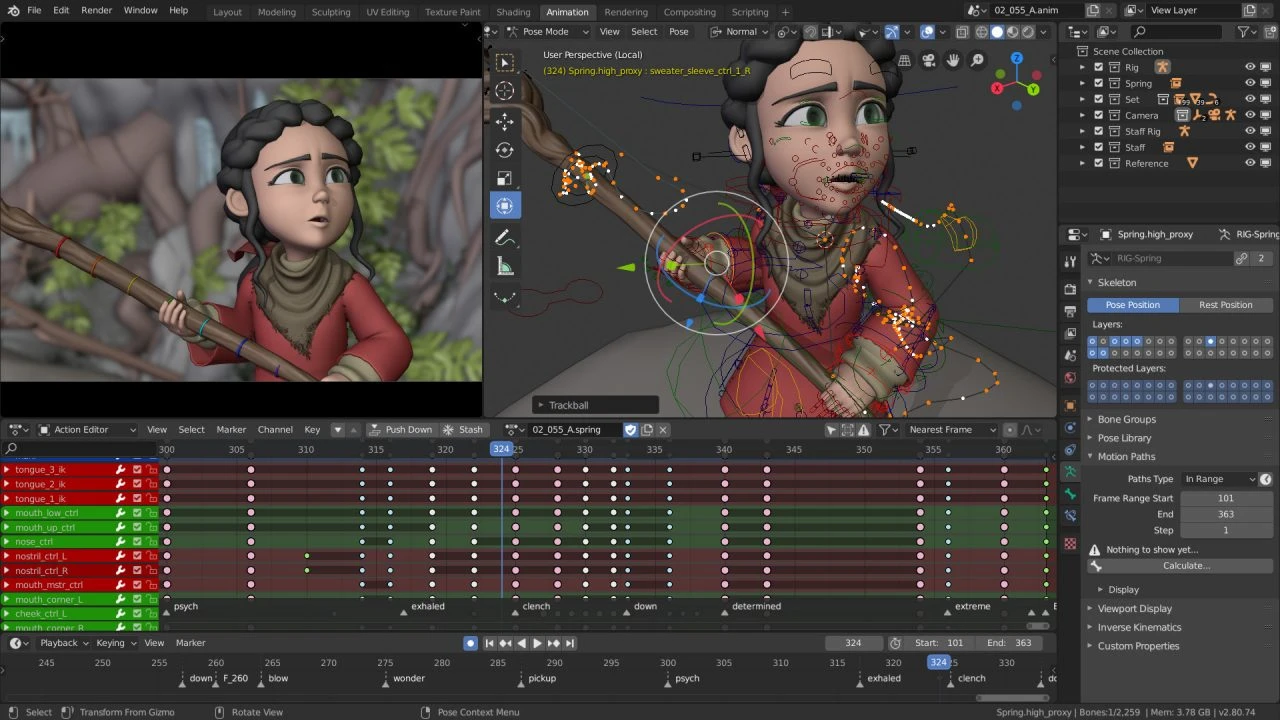
What makes the best system for Blender?
As Blender is a suite of applications there is no one ideal system configuration. Although every company will make different use of Blender most systems will fall into three scenarios.
The most common scenario is an all-purpose workstation that will be used to create and render a scene from start to finish, in which case you need to carefully balance the two most important components, the CPU and one or two GPUs in order to get good responsive content creation and rapid rendering.
Moving up from this is an organisation that requires faster rendering, such as a dedicated system in the corner of the office or a workstation that will left on overnight rendering. In this scenario a workstation with a single CPU and up to four GPUs will provide much faster rendering while still retaining the ability to create models and animations.
The final scenario are companies working on a very large projects or that need a rapid turnaround. In this case it makes sense to separate the content creation systems from the rendering systems. This means using workstations like in the first scenario with a good balance between CPU and GPU(s), plus one or more dedicated servers with up to eight GPUs that render offline while the workstation users continue working. These render servers can be hosted locally or provisioned in the cloud with NVIDIA vPGU.
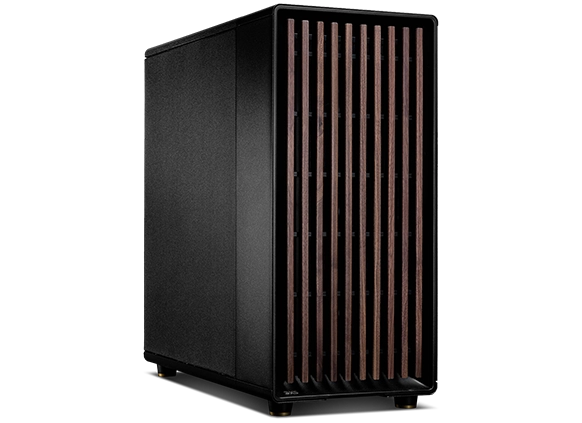
What CPU should I choose for Blender?
As explained above, a system that will be used for a mixture of content creation and rendering needs to strike a good balance between CPU and GPU(s). Like most DCC applications Blender performs best on a CPU with a high frequency and around eight cores, although more cores can be beneficial in some processes. We recommend starting with an AMD Ryzen 7 or Intel Core Ultra 7, upgrading to Ryzen 9 or Core Ultra 9 if budget allows. If you're also going to doing heavy renders then an AMD Threadripper PRO or Intel Xeon W CPU is a good choice as these have more PCIe lanes, enabling the system to support up to four GPUs. For a dedicated render server we recommend AMD EPYC or Intel Xeon CPUs as these support up to eight GPUs and are enterprise-grade for greater reliability.
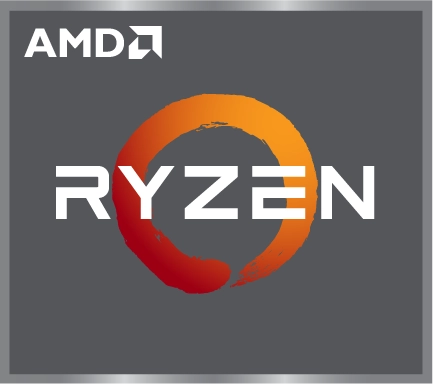
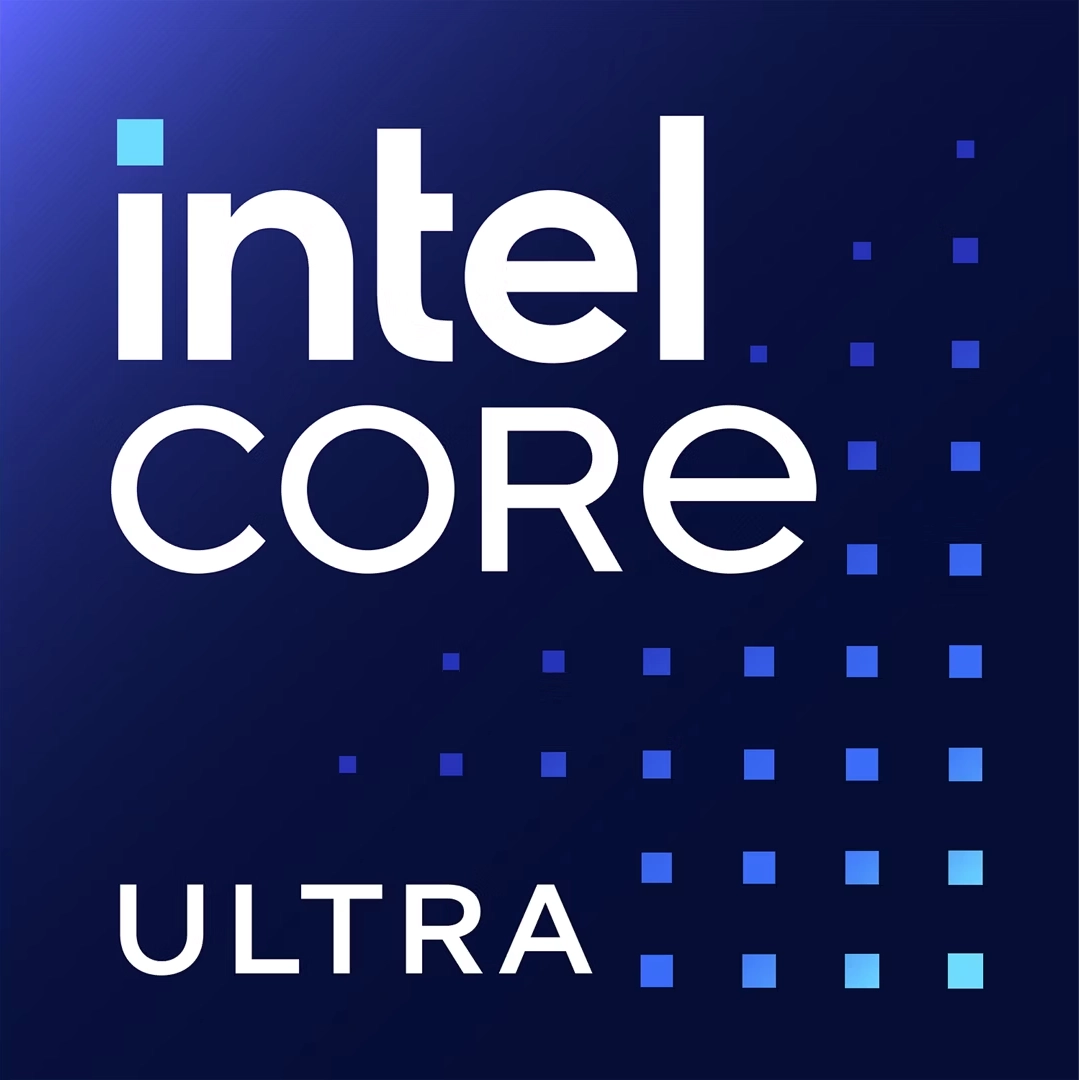


What GPU do I need for Blender?
A fast GPU is crucial for a responsive DCC experience in Blender, with more powerful models providing a more noticeable benefit when working with complex 3D models and high resolution textures. We recommend the NVIDIA RTX GPUs as a good starting point in the NVIDIA range, adding in more GPUs if budget allows if you're also going to be rendering.
If you are considering a dedicated workstation for Blender then we recommend consumer-grade NVIDIA GeForce RTX cards thanks to their outstanding value for money. However, if you're also planning on modelling on the same workstation then it's worth considering a professional-grade NVIDIA RTX GPU thanks to their larger memory buffer and certified drivers. For the same reasons we recommend professional grade GPUs in rendering servers.
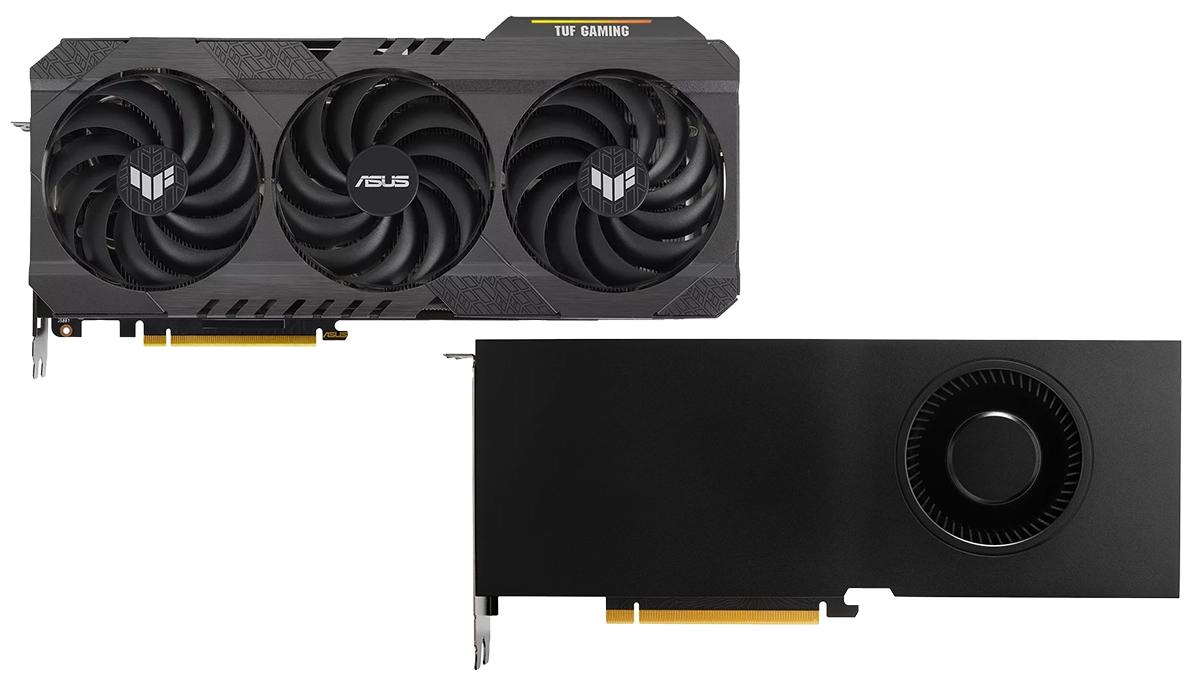
How much RAM is recommended for Blender?
The minimum RAM that we would recommend for Blender is 32GB, upgrading to more memory if you're working with large projects or multiple applications at once.
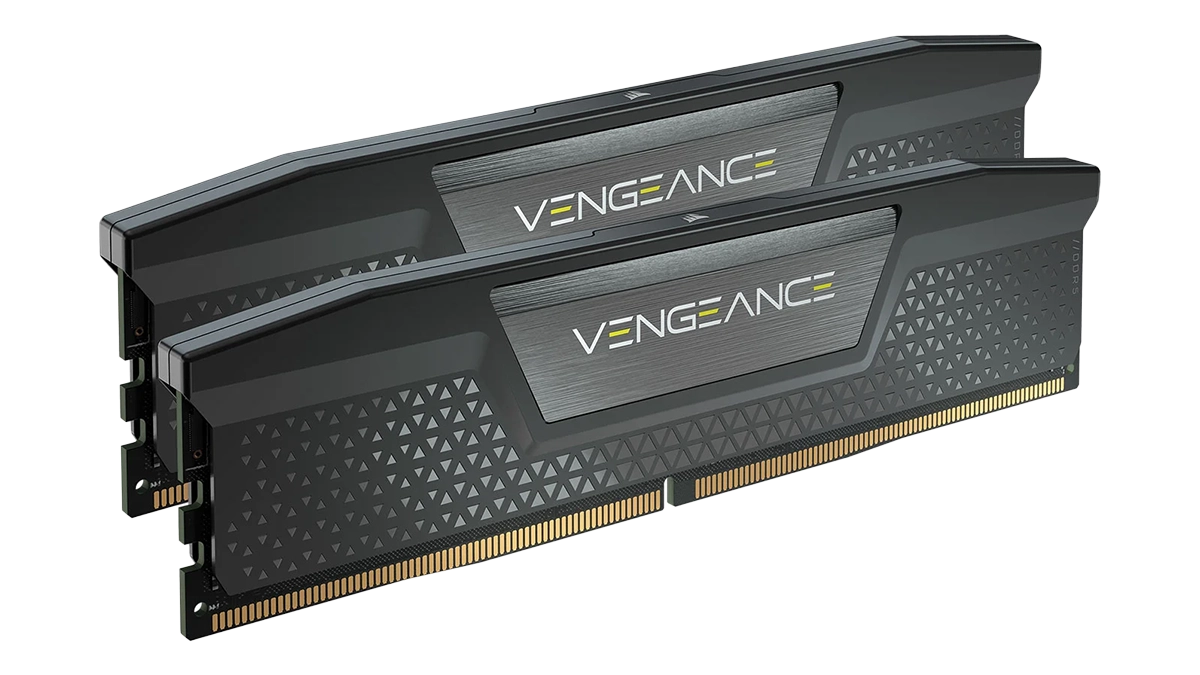
What storage does Blender need?
We always recommend using an SSD for the boot drive that will host your OS, Blender itself, and any active projects you are working on. The high speed of SSDs allows your system to boot, launch applications, and load files many times faster than any traditional hard drive. Alternatively, as your work projects increase you may want to consider a second SSD or higher capacity HDD - depending on your budget - so your OS, Blender and live projects benefit from SSD speed, but your archived work uses the HDD where speed isn't a necessity and costs can be lowered. Another archive solution could be to employ an external NAS device allowing sharing and RAID protection.
When it comes to deciding on drive capacity, this will very much depend on your number of files and the model sizes. You should also consider the space required by other applications and their associated files too.

Recommended Blender Workstation Specifications
| High-End | Mid-Range | Entry-Level | |
|---|---|---|---|
| CPU | AMD Threadripper PRO / Intel Xeon W | AMD Ryzen 9 / Intel Core Ultra 9 | AMD Ryzen 7 / Intel Core Ultra 7 |
| RAM | 64GB | 64GB | 32GB |
| GPU | Up to four NVIDIA RTX | NVIDIA RTX | NVIDIA RTX |
Request a custom Workstation Quote or browse our range of systems below.
3XS Graphics Workstations
3XS Pro Graphics Workstations
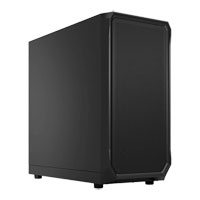
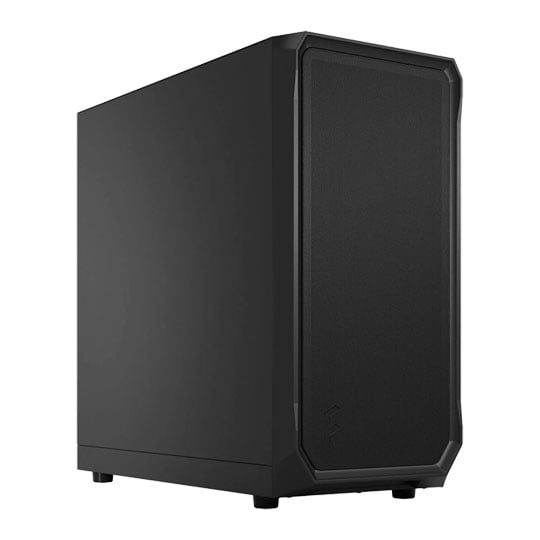
 Scan Motion, AMD Ryzen 5 8400F, 32GB DDR5, 4GB NVIDIA A400, 1TB M.2 SSD, Win11 Home
LN148884
No customer reviewRRP: £1,129.99£1,099.98Free delivery on this itemETA 1-2 days
Scan Motion, AMD Ryzen 5 8400F, 32GB DDR5, 4GB NVIDIA A400, 1TB M.2 SSD, Win11 Home
LN148884
No customer reviewRRP: £1,129.99£1,099.98Free delivery on this itemETA 1-2 days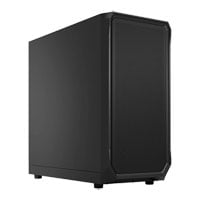
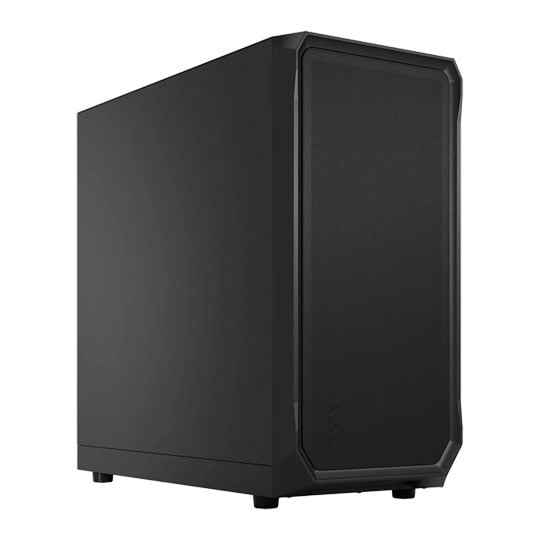
 Scan Motion, Intel Core i5 14400F, 32GB DDR5, 4GB NVIDIA A400, 1TB M.2 SSD, Win11 Home
LN148887
No customer review£1,129.99Free delivery on this itemETA 1-2 days
Scan Motion, Intel Core i5 14400F, 32GB DDR5, 4GB NVIDIA A400, 1TB M.2 SSD, Win11 Home
LN148887
No customer review£1,129.99Free delivery on this itemETA 1-2 days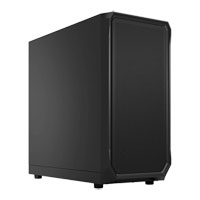
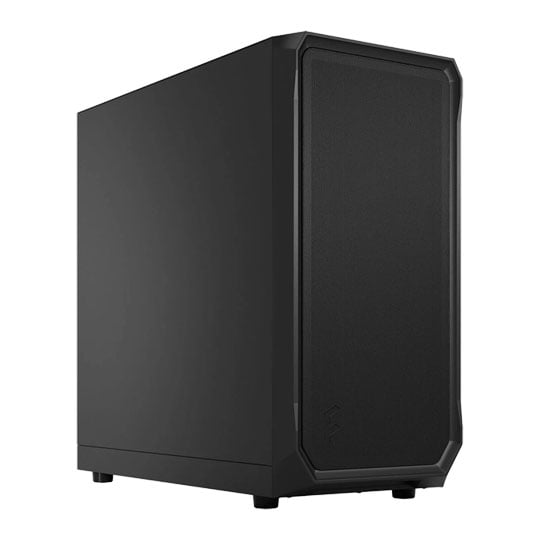
 Scan Motion, AMD Ryzen 7 8700F, 32GB DDR5, 8GB NVIDIA A1000, 1TB M.2 SSD, Win11 Home
LN148881
No customer review£1,429.98Free delivery on this itemETA 1-2 days
Scan Motion, AMD Ryzen 7 8700F, 32GB DDR5, 8GB NVIDIA A1000, 1TB M.2 SSD, Win11 Home
LN148881
No customer review£1,429.98Free delivery on this itemETA 1-2 days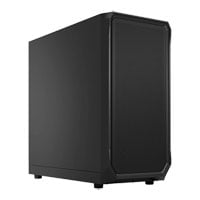
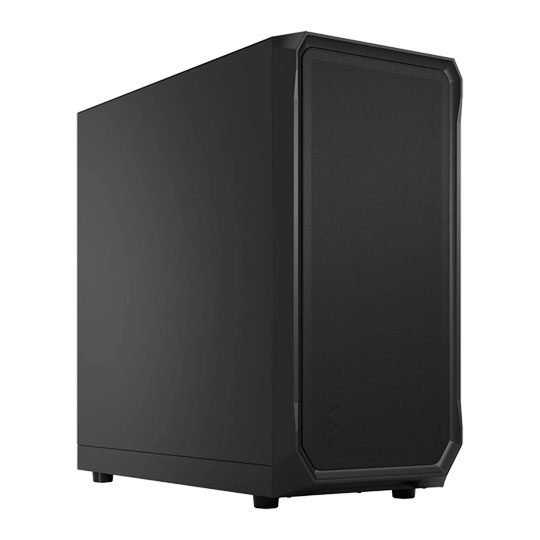
 Scan Motion, Intel Core i7 14700F, 32GB DDR5, 8GB NVIDIA A1000, 1TB M.2 SSD, Win11 Home
LN148888
No customer review£1,529.99Free delivery on this itemETA 1-2 days
Scan Motion, Intel Core i7 14700F, 32GB DDR5, 8GB NVIDIA A1000, 1TB M.2 SSD, Win11 Home
LN148888
No customer review£1,529.99Free delivery on this itemETA 1-2 days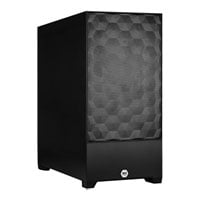
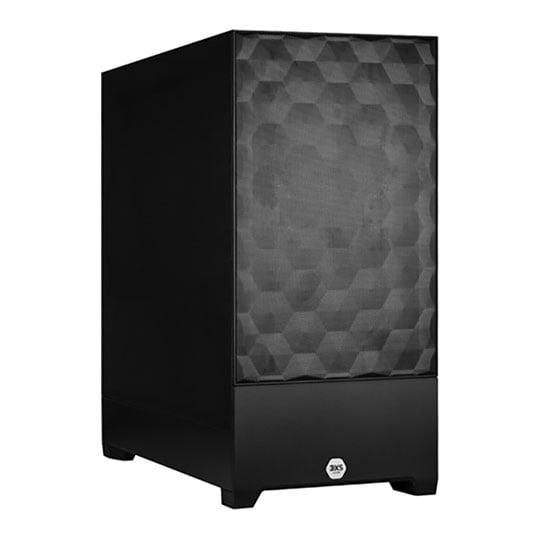
 3XS GW-A1-C16, Intel Core i5 14400F, 32GB DDR5, 8GB NVIDIA RTX A1000, 1TB SSD, Win 11
LN148901
No customer review£1,549.99Free delivery on this itemETA 5-7 days
3XS GW-A1-C16, Intel Core i5 14400F, 32GB DDR5, 8GB NVIDIA RTX A1000, 1TB SSD, Win 11
LN148901
No customer review£1,549.99Free delivery on this itemETA 5-7 days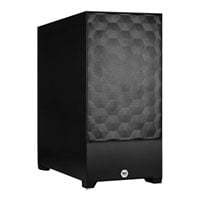
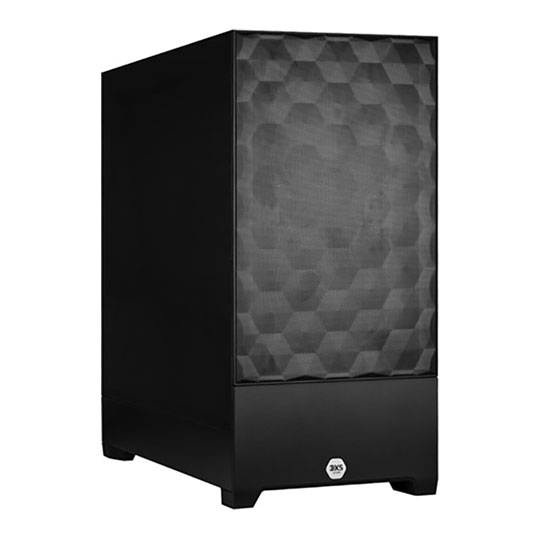
 3XS GW-A1-R12, AMD Ryzen 5 9600X, 32GB DDR5, 8GB NVIDIA RTX A1000, 1TB SSD, Win 11
LN148893
Customer Review £1,599.98Free delivery on this itemETA 5-7 days
3XS GW-A1-R12, AMD Ryzen 5 9600X, 32GB DDR5, 8GB NVIDIA RTX A1000, 1TB SSD, Win 11
LN148893
Customer Review £1,599.98Free delivery on this itemETA 5-7 days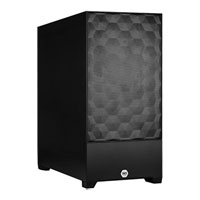
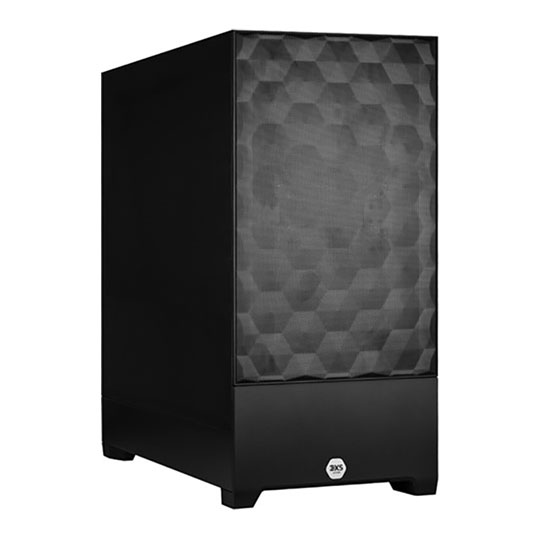
 3XS GW-A1-R16, AMD Ryzen 7 9700X, 32GB DDR5, 16GB NVIDIA RTX PRO 2000, 1TB SSD, Win 11
LN148900
Customer Review RRP: £2,049.98£1,999.98Free delivery on this itemETA 4-6 days
3XS GW-A1-R16, AMD Ryzen 7 9700X, 32GB DDR5, 16GB NVIDIA RTX PRO 2000, 1TB SSD, Win 11
LN148900
Customer Review RRP: £2,049.98£1,999.98Free delivery on this itemETA 4-6 days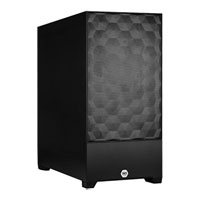
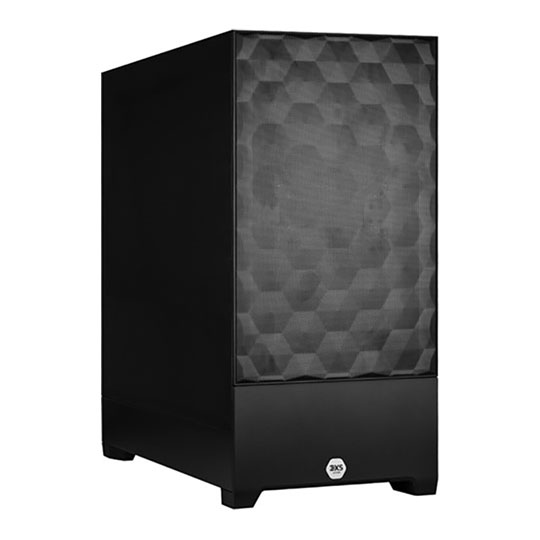
 3XS GW-A1-C28, Intel Core i7 14700F, 32GB DDR5, 16GB NVIDIA RTX PRO 2000, 1TB SSD, Win 11
LN148903
No customer review£2,049.98Free delivery on this itemETA 5-7 days
3XS GW-A1-C28, Intel Core i7 14700F, 32GB DDR5, 16GB NVIDIA RTX PRO 2000, 1TB SSD, Win 11
LN148903
No customer review£2,049.98Free delivery on this itemETA 5-7 days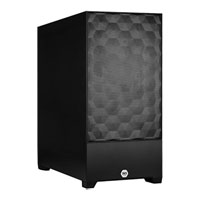
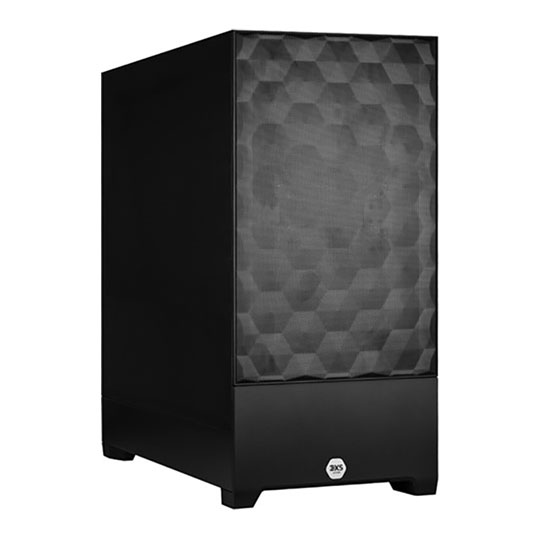
 3XS GW-A1-R16, AMD Ryzen 7 9700X, 64GB DDR5, 24GB NVIDIA RTX PRO 4000, 2TB SSD, Win 11
LN148943
No customer review£3,499.98Free delivery on this itemETA 5-7 days
3XS GW-A1-R16, AMD Ryzen 7 9700X, 64GB DDR5, 24GB NVIDIA RTX PRO 4000, 2TB SSD, Win 11
LN148943
No customer review£3,499.98Free delivery on this itemETA 5-7 days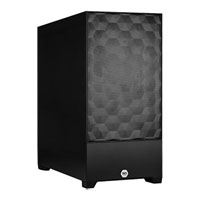
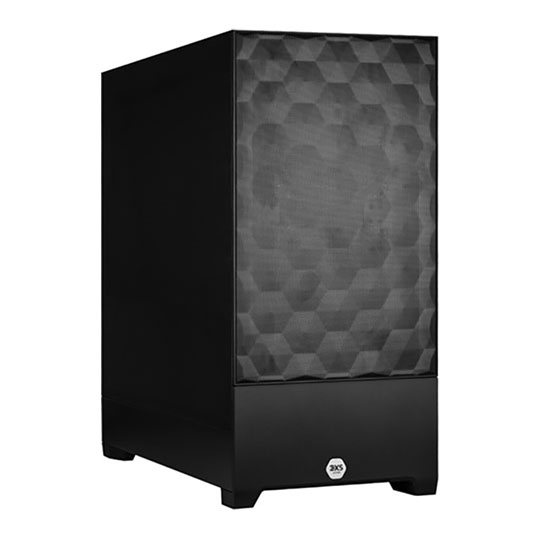
 3XS GW-A1-C20, Intel Core Ultra 7 265K, 64GB DDR5, 16GB NVIDIA RTX PRO 4000, 2TB SSD, Win 11
LN148907
No customer review£3,599.99Free delivery on this itemETA 5-7 days
3XS GW-A1-C20, Intel Core Ultra 7 265K, 64GB DDR5, 16GB NVIDIA RTX PRO 4000, 2TB SSD, Win 11
LN148907
No customer review£3,599.99Free delivery on this itemETA 5-7 days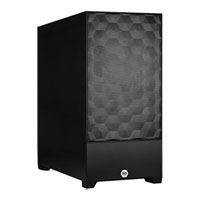
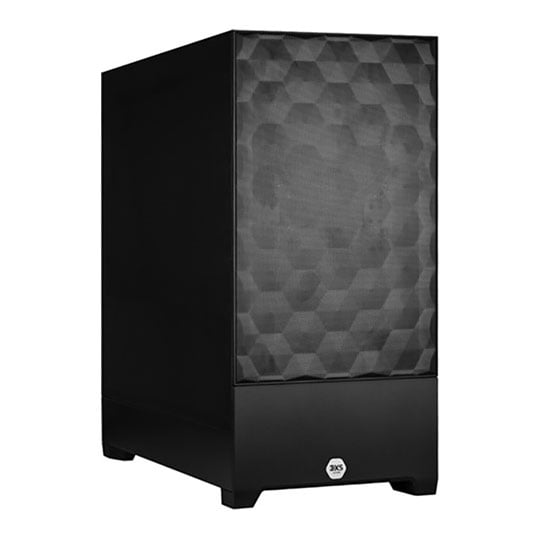
 3XS GW-A1-R24, AMD Ryzen 9 9900X, 64GB DDR5, 24GB NVIDIA RTX PRO 4000, 2TB SSD, Win 11
LN148949
No customer review£3,599.99Free delivery on this itemETA 5-7 days
3XS GW-A1-R24, AMD Ryzen 9 9900X, 64GB DDR5, 24GB NVIDIA RTX PRO 4000, 2TB SSD, Win 11
LN148949
No customer review£3,599.99Free delivery on this itemETA 5-7 days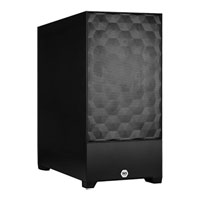
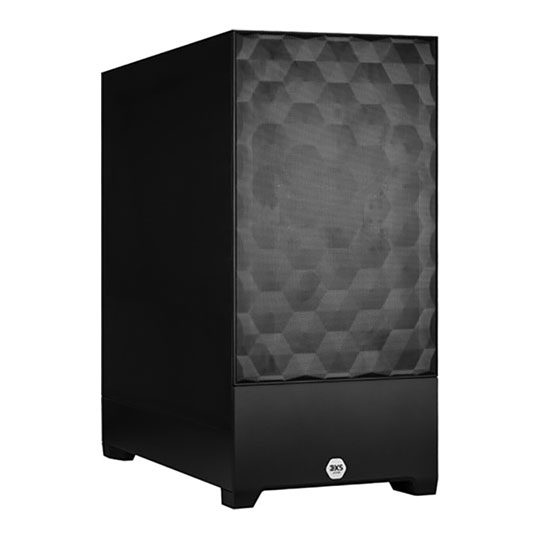
 3XS GW-A1-C24, Intel Core Ultra 9 285K, 64GB DDR5, 20GB NVIDIA RTX A4000, 2TB SSD, Win 11
LN148928
No customer review£3,799.99Free delivery on this item
3XS GW-A1-C24, Intel Core Ultra 9 285K, 64GB DDR5, 20GB NVIDIA RTX A4000, 2TB SSD, Win 11
LN148928
No customer review£3,799.99Free delivery on this item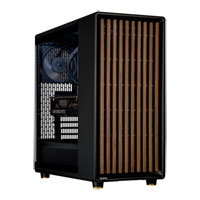
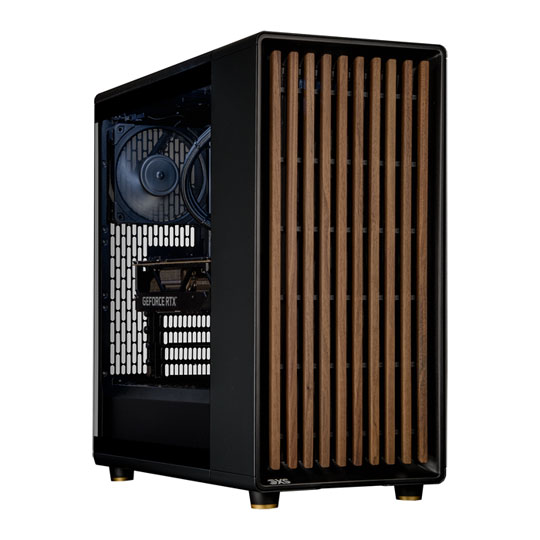
 3XS GWP-A1-R24, AMD Ryzen 9 9900X, 64GB DDR5, 24GB NVIDIA RTX PRO 4000, 2TB SSD, Win 11
LN148955
Customer Review £3,999.98Free delivery on this itemETA 5-7 days
3XS GWP-A1-R24, AMD Ryzen 9 9900X, 64GB DDR5, 24GB NVIDIA RTX PRO 4000, 2TB SSD, Win 11
LN148955
Customer Review £3,999.98Free delivery on this itemETA 5-7 days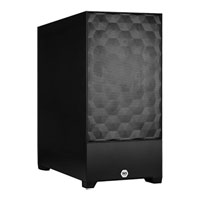
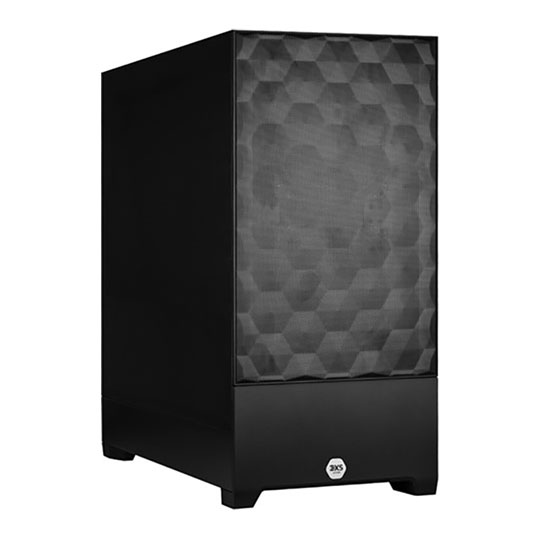
 3XS GW-A1-R24, AMD Ryzen 9 9900X, 64GB DDR5, 32GB NVIDIA RTX PRO 4500, 2TB SSD, Win 11
LN148952
No customer review£4,299.98Free delivery on this itemETA 5-7 days
3XS GW-A1-R24, AMD Ryzen 9 9900X, 64GB DDR5, 32GB NVIDIA RTX PRO 4500, 2TB SSD, Win 11
LN148952
No customer review£4,299.98Free delivery on this itemETA 5-7 days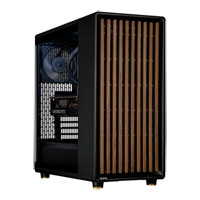
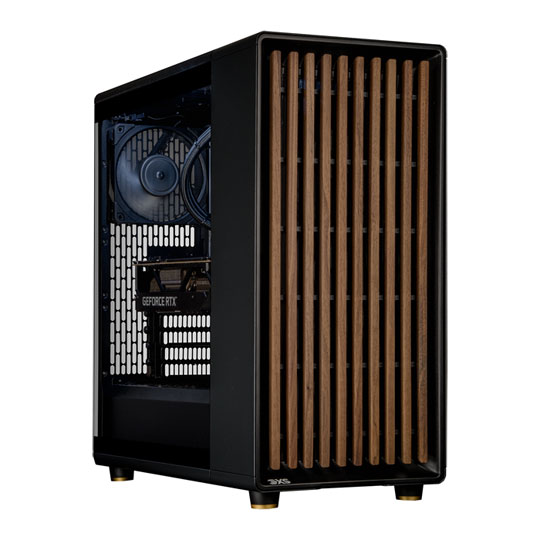

 3XS GWP-A1-C24, Intel Core Ultra 9 285K, 64GB DDR5, 24GB NVIDIA RTX PRO 4000, 2TB SSD, Win 11
LN148975
Customer Review £4,299.98Free delivery on this item
3XS GWP-A1-C24, Intel Core Ultra 9 285K, 64GB DDR5, 24GB NVIDIA RTX PRO 4000, 2TB SSD, Win 11
LN148975
Customer Review £4,299.98Free delivery on this item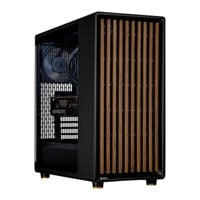
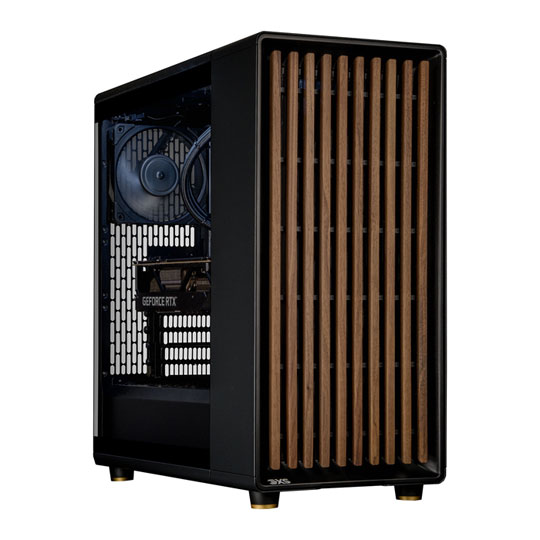
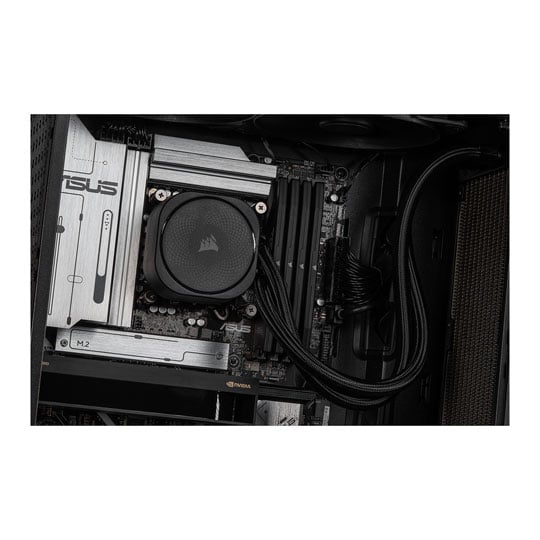
 3XS GWP-A1-C24, Intel Core Ultra 9 285K, 128GB DDR5, 16GB NVIDIA RTX PRO 2000, 2TB SSD, Win 11
LN155875
No customer review£4,399.99Free delivery on this itemETA 5-7 days
3XS GWP-A1-C24, Intel Core Ultra 9 285K, 128GB DDR5, 16GB NVIDIA RTX PRO 2000, 2TB SSD, Win 11
LN155875
No customer review£4,399.99Free delivery on this itemETA 5-7 days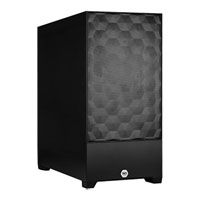
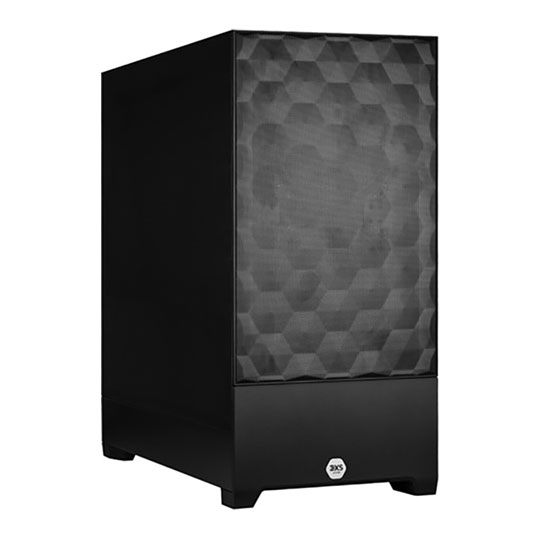
 3XS GW-A1-C24, Intel Core Ultra 9 285K, 64GB DDR5, 24GB NVIDIA RTX PRO 4500, 2TB SSD, Win 11
LN148938
No customer review£4,899.98Free delivery on this itemETA 5-7 days
3XS GW-A1-C24, Intel Core Ultra 9 285K, 64GB DDR5, 24GB NVIDIA RTX PRO 4500, 2TB SSD, Win 11
LN148938
No customer review£4,899.98Free delivery on this itemETA 5-7 days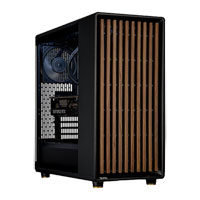
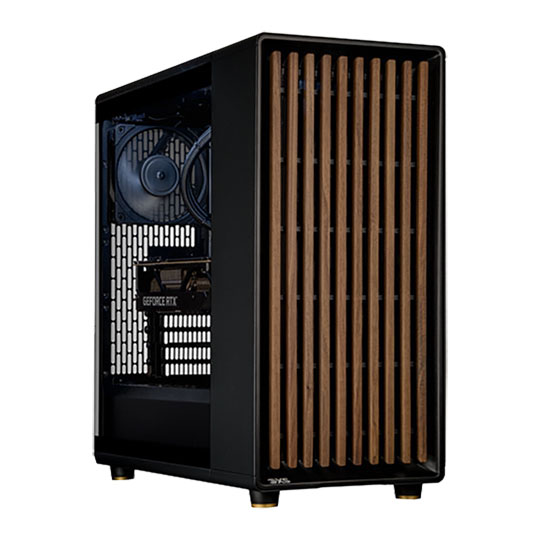
 3XS GWP-A1-C24, Intel Core Ultra 9 285K, 96GB DDR5, 32GB NVIDIA RTX PRO 4500, 2TB SSD, Win 11
LN148980
No customer review£5,399.99Free delivery on this itemETA 5-7 days
3XS GWP-A1-C24, Intel Core Ultra 9 285K, 96GB DDR5, 32GB NVIDIA RTX PRO 4500, 2TB SSD, Win 11
LN148980
No customer review£5,399.99Free delivery on this itemETA 5-7 days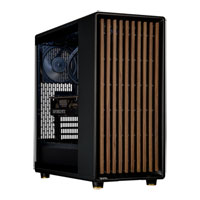
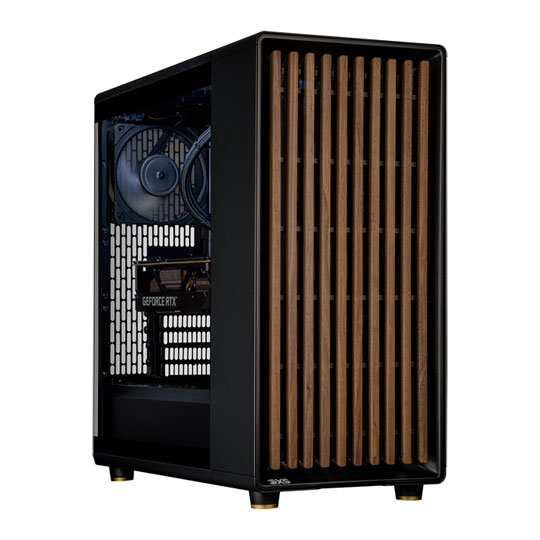
 3XS GWP-A1-R32, AMD Ryzen 9 9950X, 96GB DDR5, 32GB NVIDIA RTX PRO 4500, 2TB SSD, Win 11
LN148979
No customer review£5,599.99Free delivery on this itemETA 5-7 days
3XS GWP-A1-R32, AMD Ryzen 9 9950X, 96GB DDR5, 32GB NVIDIA RTX PRO 4500, 2TB SSD, Win 11
LN148979
No customer review£5,599.99Free delivery on this itemETA 5-7 days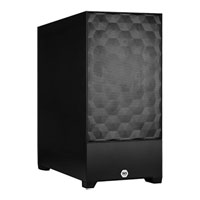
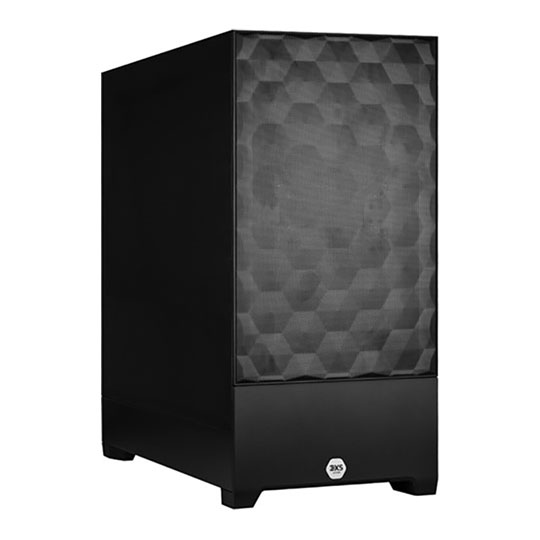
 3XS GW-A1-R24, AMD Ryzen 9 9900X, 64GB DDR5, 48GB NVIDIA RTX PRO 5000, 2TB SSD, Win 11
LN148953
No customer review£6,599.99Free delivery on this itemETA 5-7 days
3XS GW-A1-R24, AMD Ryzen 9 9900X, 64GB DDR5, 48GB NVIDIA RTX PRO 5000, 2TB SSD, Win 11
LN148953
No customer review£6,599.99Free delivery on this itemETA 5-7 days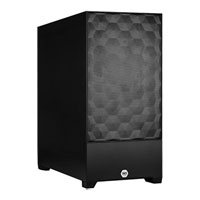
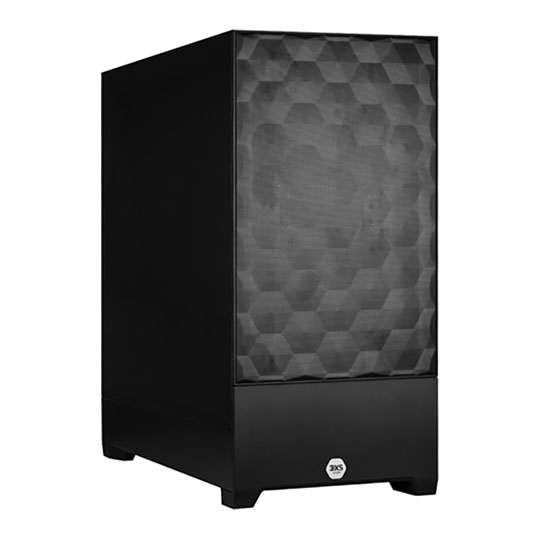
 3XS GW-A1-C24, Intel Core Ultra 9 285K, 64GB DDR5, 48GB NVIDIA RTX PRO 5000, 2TB SSD, Win 11
LN148942
No customer review£6,899.99Free delivery on this itemETA 5-7 days
3XS GW-A1-C24, Intel Core Ultra 9 285K, 64GB DDR5, 48GB NVIDIA RTX PRO 5000, 2TB SSD, Win 11
LN148942
No customer review£6,899.99Free delivery on this itemETA 5-7 days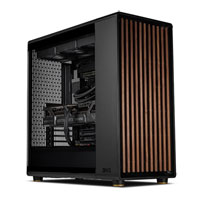
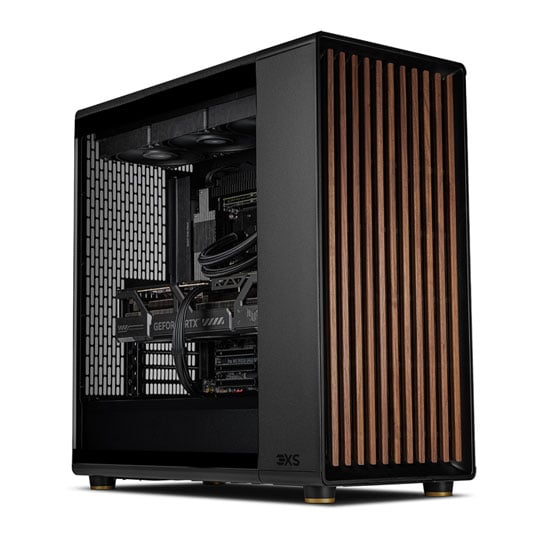
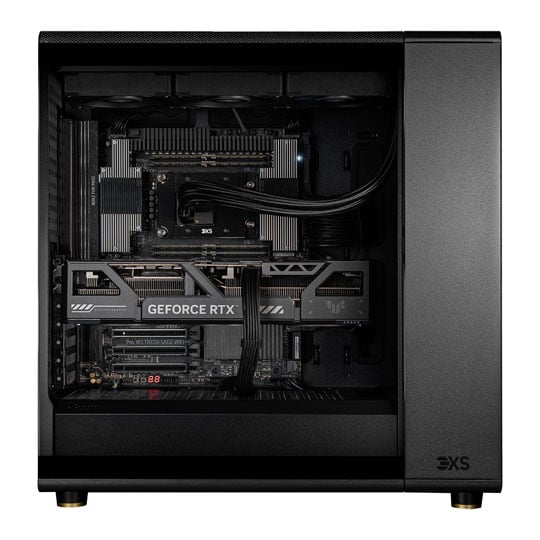
 3XS GWP-G1-TR32, AMD Ryzen Threadripper 9970X, 64GB DDR5, 32GB NVIDIA RTX 5090, 2TB SSD, Win 11
LN161403
Customer Review £9,999.98Free delivery on this itemETA 5-7 days
3XS GWP-G1-TR32, AMD Ryzen Threadripper 9970X, 64GB DDR5, 32GB NVIDIA RTX 5090, 2TB SSD, Win 11
LN161403
Customer Review £9,999.98Free delivery on this itemETA 5-7 days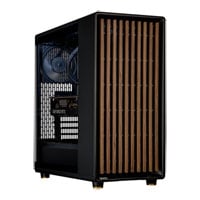
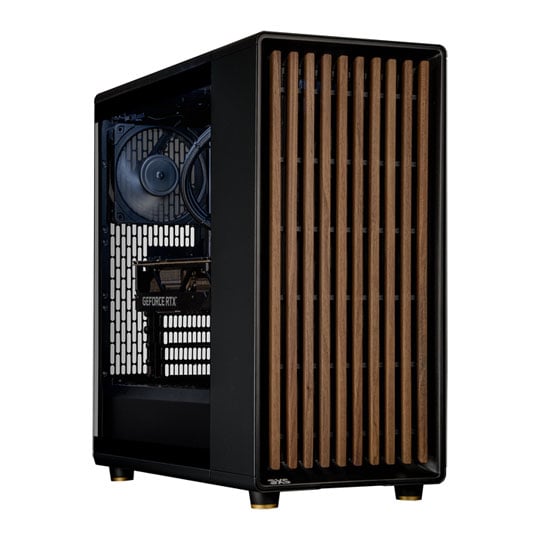

 3XS GWP-A1-TR48, AMD Ryzen Threadripper 9960X, 128GB DDR5, 32GB NVIDIA RTX PRO 5000, 2TB SSD, Win 11
LN148982
No customer review£12,299.99Free delivery on this itemETA 5-7 days
3XS GWP-A1-TR48, AMD Ryzen Threadripper 9960X, 128GB DDR5, 32GB NVIDIA RTX PRO 5000, 2TB SSD, Win 11
LN148982
No customer review£12,299.99Free delivery on this itemETA 5-7 days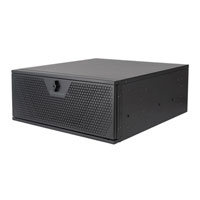
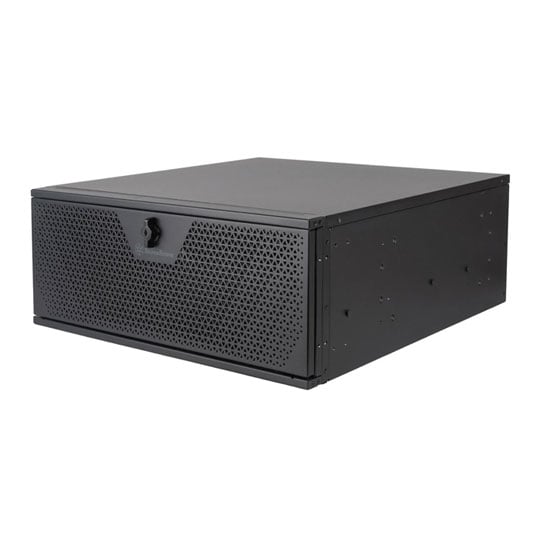
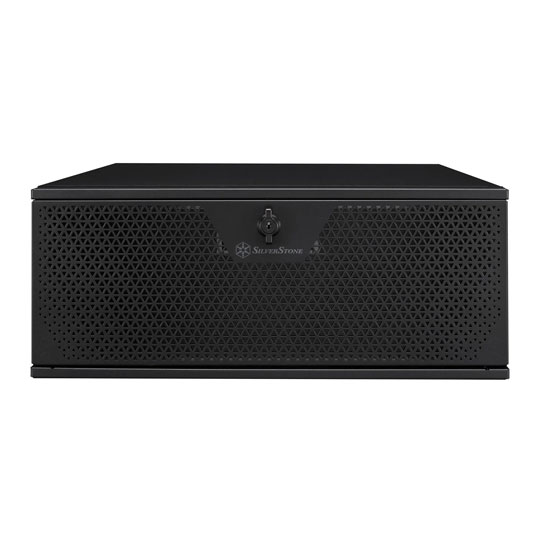
 3XS GWP-A1-TR48, AMD Ryzen Threadripper 9960X, 128GB DDR5, 32GB NVIDIA RTX PRO 5000, 2TB SSD, Win 11
LN161569
No customer review£12,499.99Free delivery on this itemETA 5-7 days
3XS GWP-A1-TR48, AMD Ryzen Threadripper 9960X, 128GB DDR5, 32GB NVIDIA RTX PRO 5000, 2TB SSD, Win 11
LN161569
No customer review£12,499.99Free delivery on this itemETA 5-7 days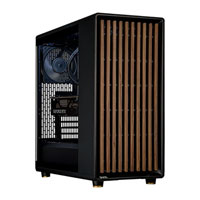
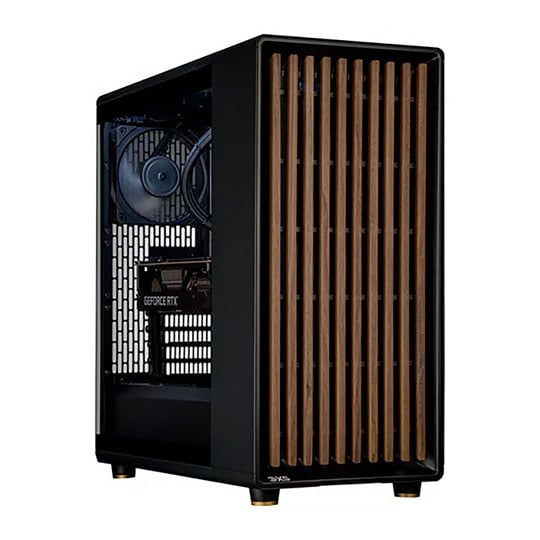

 3XS GWP-A1-TR48, AMD Ryzen Threadripper 9960X, 128GB DDR5, 96GB NVIDIA RTX PRO 6000, 2TB SSD, Win 11
LN158036
No customer review£16,499.99Free delivery on this itemETA 5-7 days
3XS GWP-A1-TR48, AMD Ryzen Threadripper 9960X, 128GB DDR5, 96GB NVIDIA RTX PRO 6000, 2TB SSD, Win 11
LN158036
No customer review£16,499.99Free delivery on this itemETA 5-7 days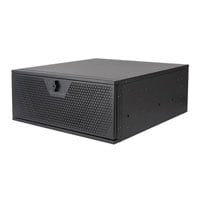
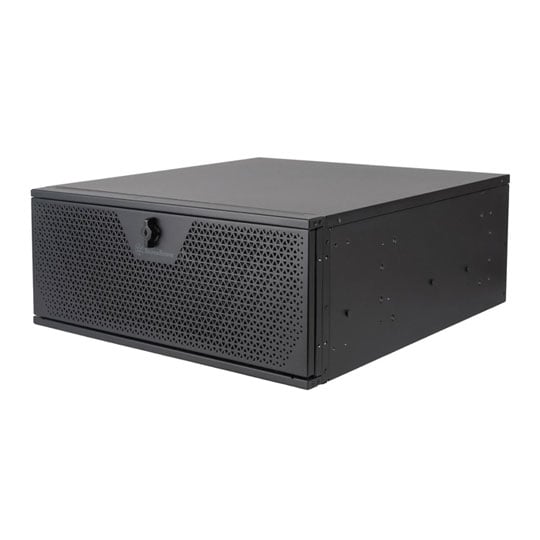
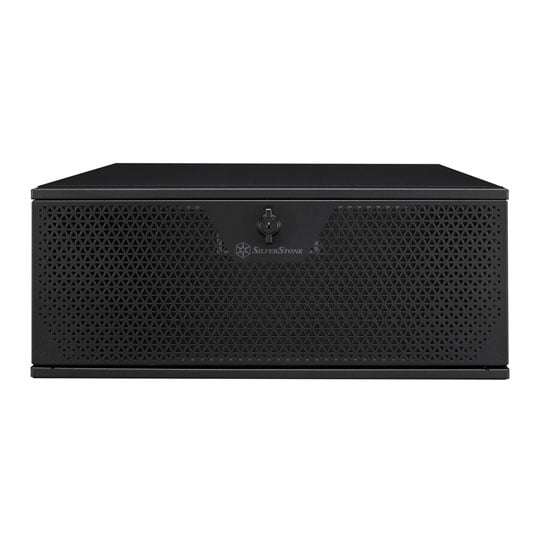
 3XS GWP-A1-TR48, AMD Ryzen Threadripper 9960X, 128GB DDR5, 96GB NVIDIA RTX PRO 6000, 2TB SSD, Win 11
LN161568
No customer review£16,499.99Free delivery on this itemETA 5-7 days
3XS GWP-A1-TR48, AMD Ryzen Threadripper 9960X, 128GB DDR5, 96GB NVIDIA RTX PRO 6000, 2TB SSD, Win 11
LN161568
No customer review£16,499.99Free delivery on this itemETA 5-7 days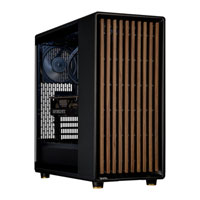
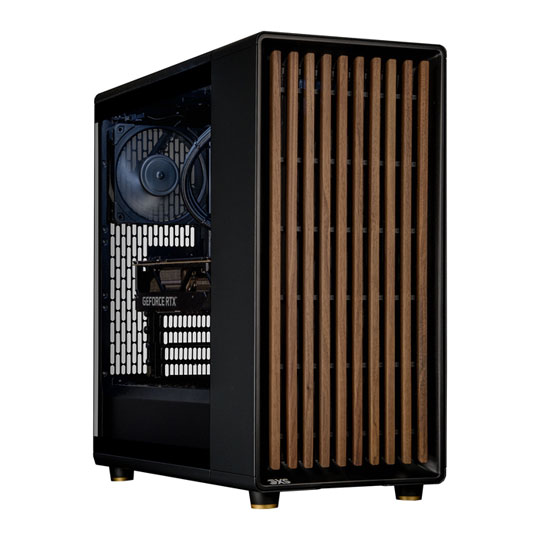
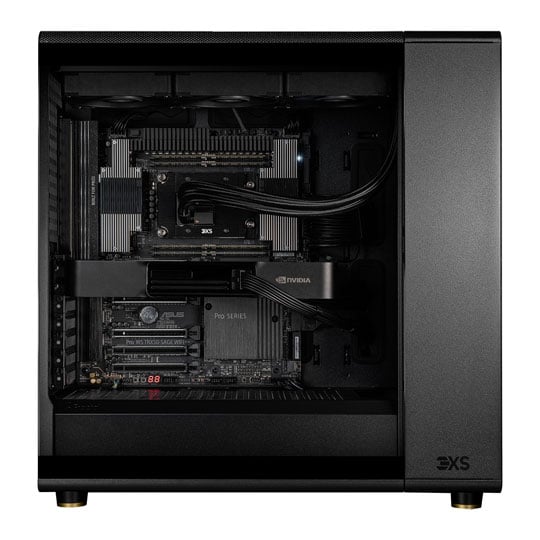
 3XS GWP-A1-TR64, AMD Ryzen Threadripper 9970X, 256GB DDR5, 32GB NVIDIA RTX PRO 5000, 4TB SSD, Win 11
LN150051
No customer review£17,499.98Free delivery on this itemETA 5-7 days
3XS GWP-A1-TR64, AMD Ryzen Threadripper 9970X, 256GB DDR5, 32GB NVIDIA RTX PRO 5000, 4TB SSD, Win 11
LN150051
No customer review£17,499.98Free delivery on this itemETA 5-7 days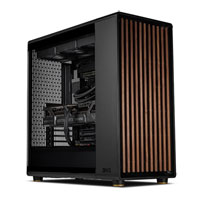
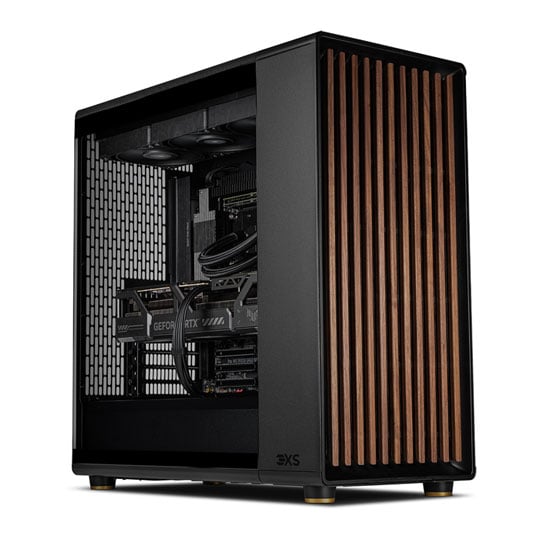
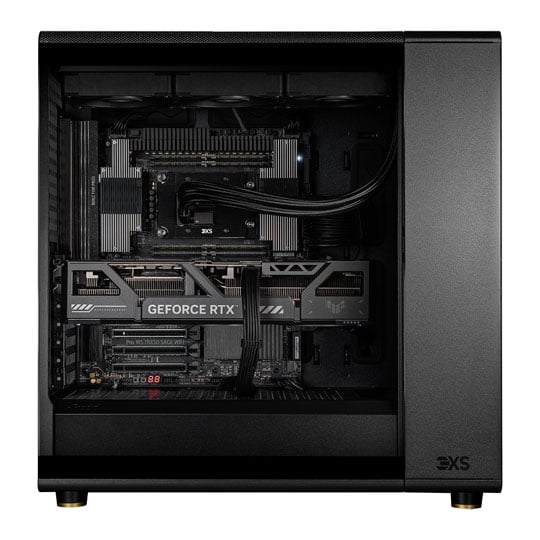
 3XS GWP-A1-TR64, AMD Ryzen Threadripper 9980X, 128GB DDR5, 96GB NVIDIA RTX PRO 6000, 4TB SSD, Win 11
LN161404
No customer review£19,999.98Free delivery on this itemETA 5-7 days
3XS GWP-A1-TR64, AMD Ryzen Threadripper 9980X, 128GB DDR5, 96GB NVIDIA RTX PRO 6000, 4TB SSD, Win 11
LN161404
No customer review£19,999.98Free delivery on this itemETA 5-7 days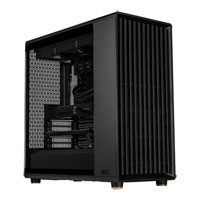
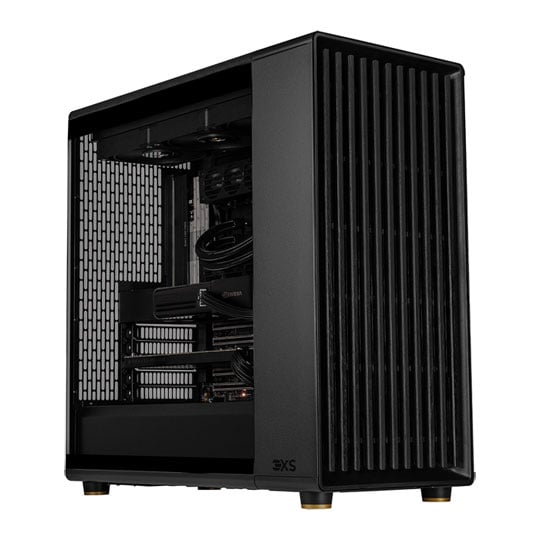
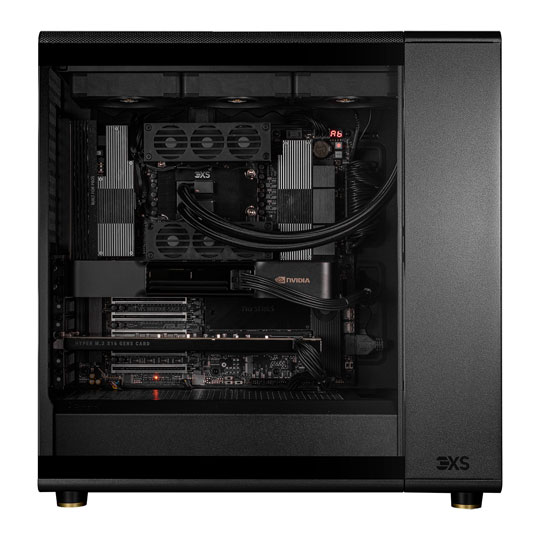
 3XS GWP-B1-TR192, AMD Ryzen Threadripper Pro 9995WX, 256GB DDR5, 96GB NVIDIA RTX PRO 6000, 4TB+8TB RAID, Win 11
LN167784
No customer review£27,999.98Free delivery on this itemETA 4-6 days
3XS GWP-B1-TR192, AMD Ryzen Threadripper Pro 9995WX, 256GB DDR5, 96GB NVIDIA RTX PRO 6000, 4TB+8TB RAID, Win 11
LN167784
No customer review£27,999.98Free delivery on this itemETA 4-6 days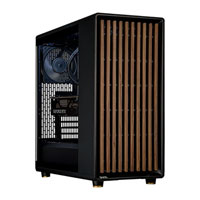
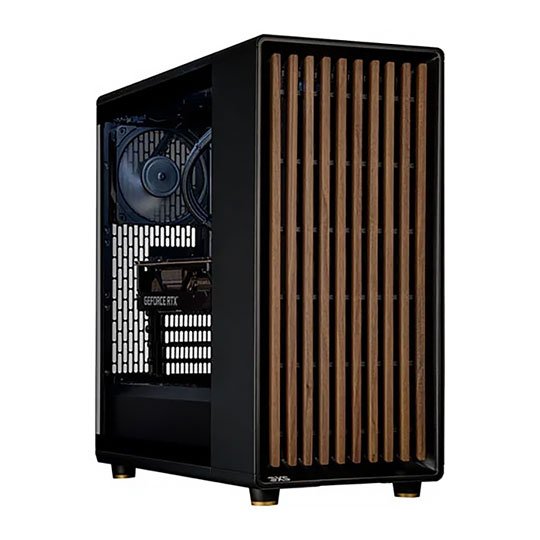
 3XS GWP-A2-TR64, AMD Ryzen Threadripper 9970X, 256GB DDR5, Dual 96GB NVIDIA RTX PRO 6000, 4TB SSD, Win 11
LN158039
No customer review£29,999.98Free delivery on this itemETA 5-7 days
3XS GWP-A2-TR64, AMD Ryzen Threadripper 9970X, 256GB DDR5, Dual 96GB NVIDIA RTX PRO 6000, 4TB SSD, Win 11
LN158039
No customer review£29,999.98Free delivery on this itemETA 5-7 days

Use our online configurator to pick each and every components of your graphics workstation built by 3XS Systems.
VISIT CONFIGURATOR3XS Cloud Workstations - RTX PRO 6000

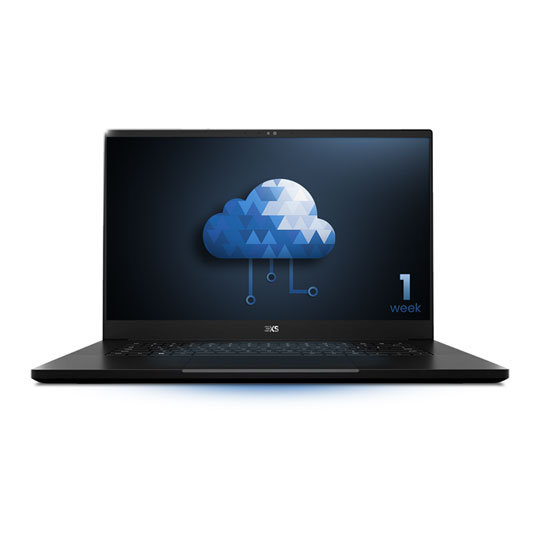
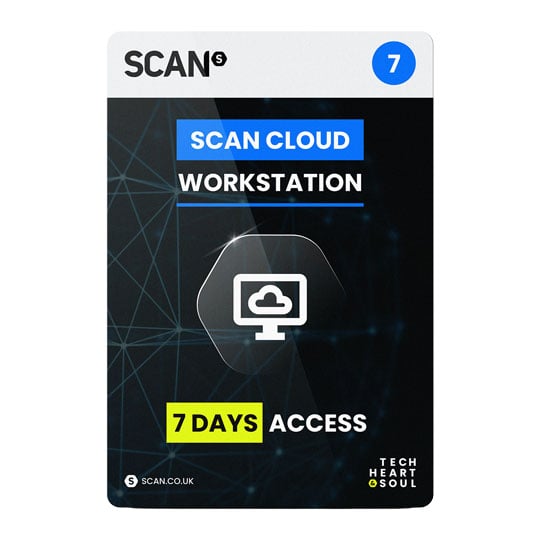
 3XS SC PB1-24C - 1 Week - 96GB NVIDIA RTX PRO 6000, 256GB DDR5 ECC, AMD Ryzen Threadripper 7960X
LN160418
No customer review£149.98Low stock
3XS SC PB1-24C - 1 Week - 96GB NVIDIA RTX PRO 6000, 256GB DDR5 ECC, AMD Ryzen Threadripper 7960X
LN160418
No customer review£149.98Low stock
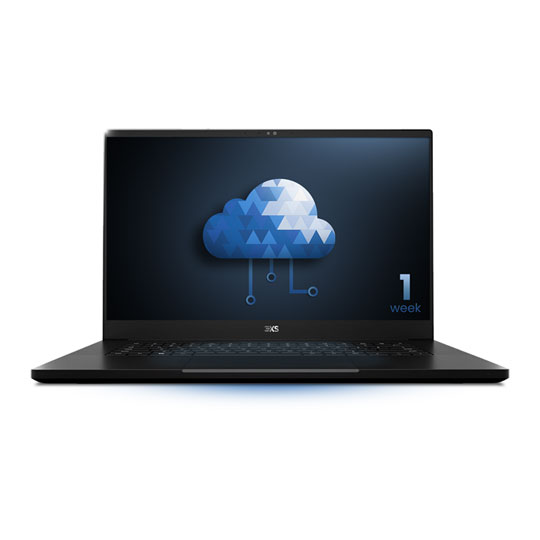
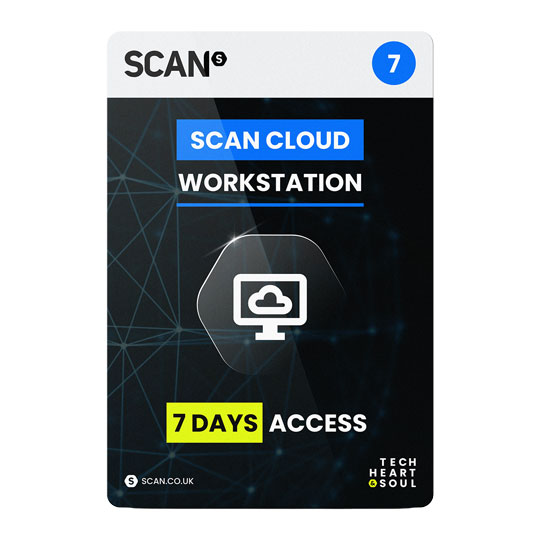
 3XS SC PB2-32T - 1 Week - 2x 96GB NVIDIA RTX PRO 6000, 256GB DDR5 ECC, AMD Ryzen Threadripper 7960X
LN160419
No customer review£219.98Low stock
3XS SC PB2-32T - 1 Week - 2x 96GB NVIDIA RTX PRO 6000, 256GB DDR5 ECC, AMD Ryzen Threadripper 7960X
LN160419
No customer review£219.98Low stock
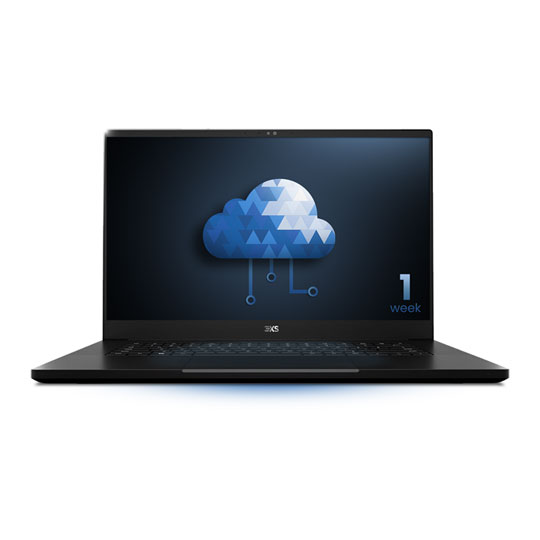
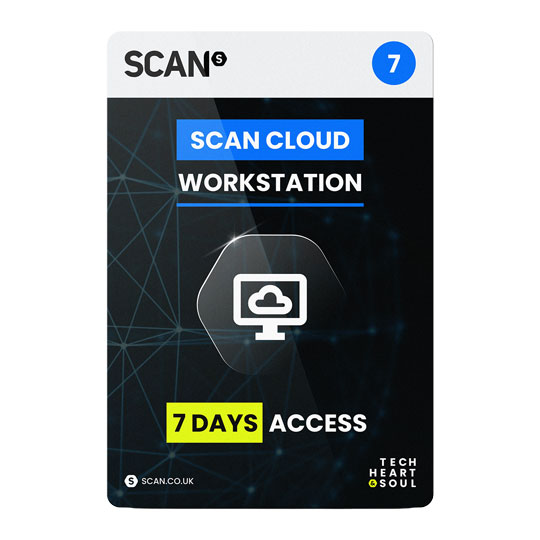
 3XS SC PB4-32T - 1 Week - 4x 96GB NVIDIA RTX PRO 6000, 512GB DDR5 ECC, AMD EPYC 9354P
LN160420
No customer review£429.98Low stock
3XS SC PB4-32T - 1 Week - 4x 96GB NVIDIA RTX PRO 6000, 512GB DDR5 ECC, AMD EPYC 9354P
LN160420
No customer review£429.98Low stock
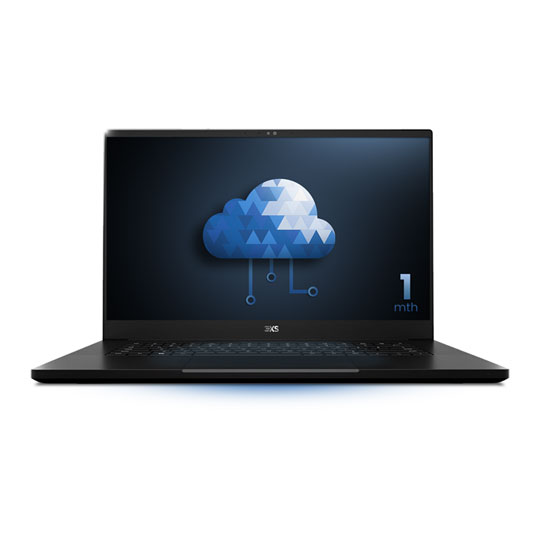
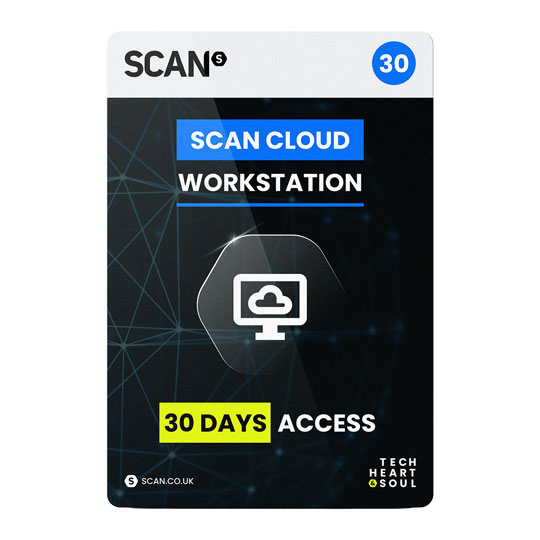
 3XS SC PB1-24C - 1 Month - 96GB NVIDIA RTX PRO 6000, 256GB DDR5 ECC, AMD Ryzen Threadripper 7960X
LN160422
No customer review£529.98Low stock
3XS SC PB1-24C - 1 Month - 96GB NVIDIA RTX PRO 6000, 256GB DDR5 ECC, AMD Ryzen Threadripper 7960X
LN160422
No customer review£529.98Low stock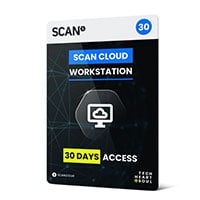
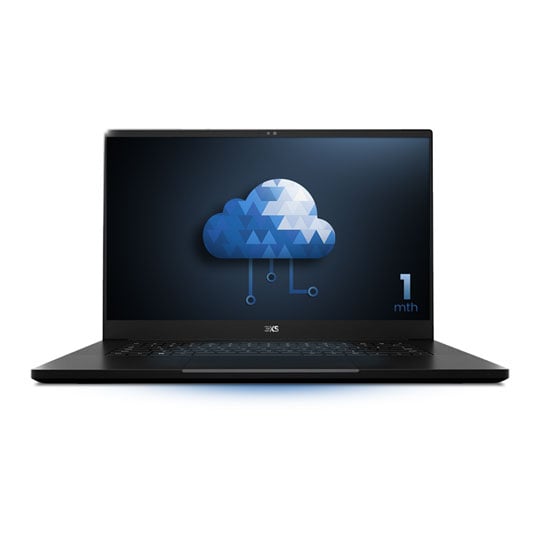
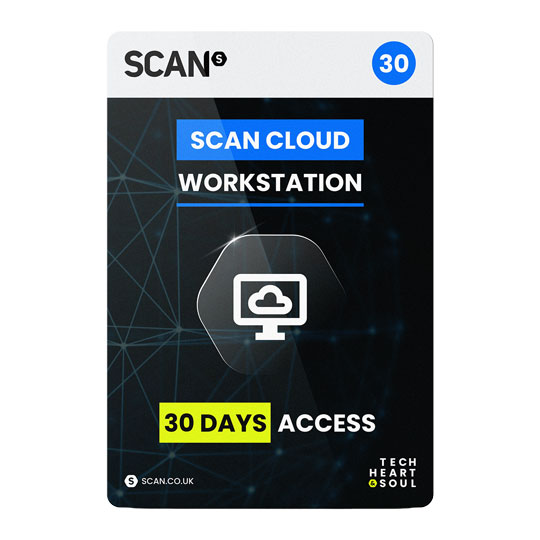
 3XS SC PB2-32T - 1 Month - 2x 96GB NVIDIA RTX PRO 6000, 256GB DDR5 ECC, AMD Ryzen Threadripper 7960X
LN160436
No customer review£829.98Low stock
3XS SC PB2-32T - 1 Month - 2x 96GB NVIDIA RTX PRO 6000, 256GB DDR5 ECC, AMD Ryzen Threadripper 7960X
LN160436
No customer review£829.98Low stock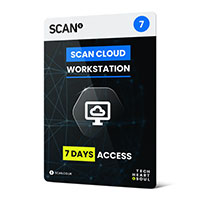
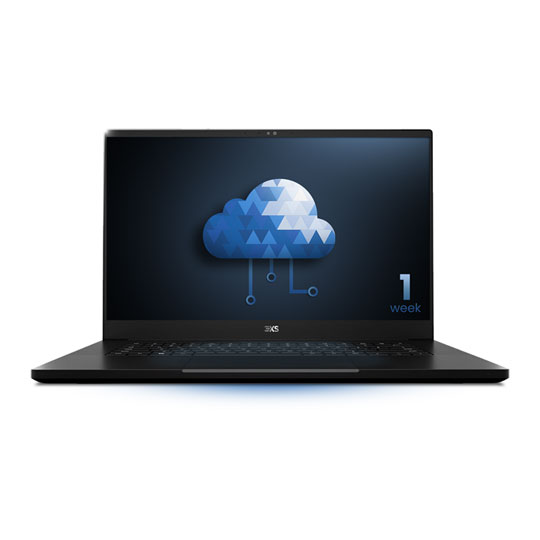
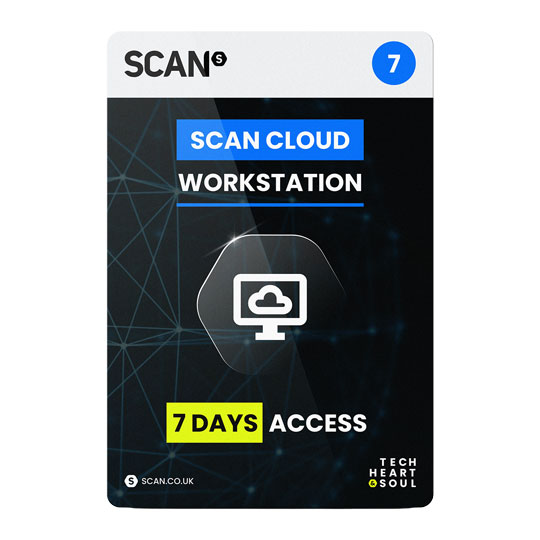
 3XS SC PB8-32T - 1 Week - 8x 96GB NVIDIA RTX PRO 6000, 1TB DDR5 ECC, AMD EPYC 9354P
LN160421
No customer review£849.98Low stock
3XS SC PB8-32T - 1 Week - 8x 96GB NVIDIA RTX PRO 6000, 1TB DDR5 ECC, AMD EPYC 9354P
LN160421
No customer review£849.98Low stock
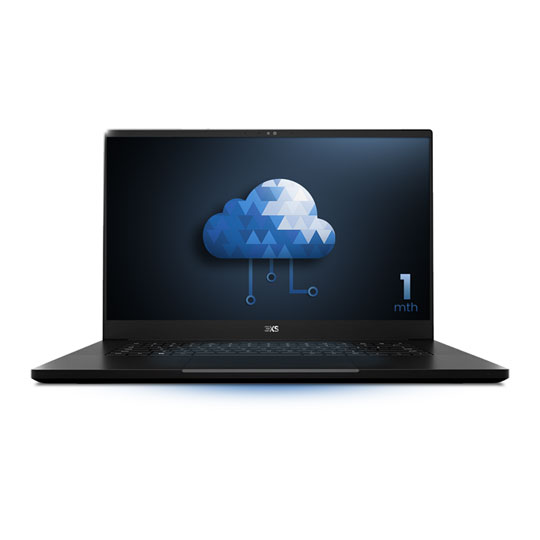
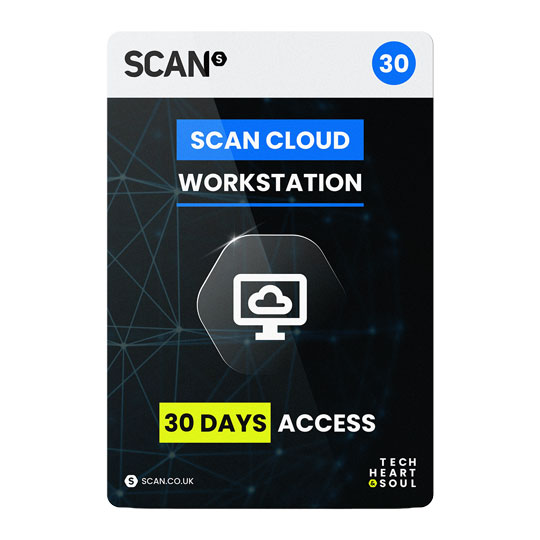
 3XS SC PB4-32T - 1 Month - 4x 96GB NVIDIA RTX PRO 6000, 512GB DDR5 ECC, AMD EPYC 9354P
LN160437
No customer review£1,599.98Low stock
3XS SC PB4-32T - 1 Month - 4x 96GB NVIDIA RTX PRO 6000, 512GB DDR5 ECC, AMD EPYC 9354P
LN160437
No customer review£1,599.98Low stock
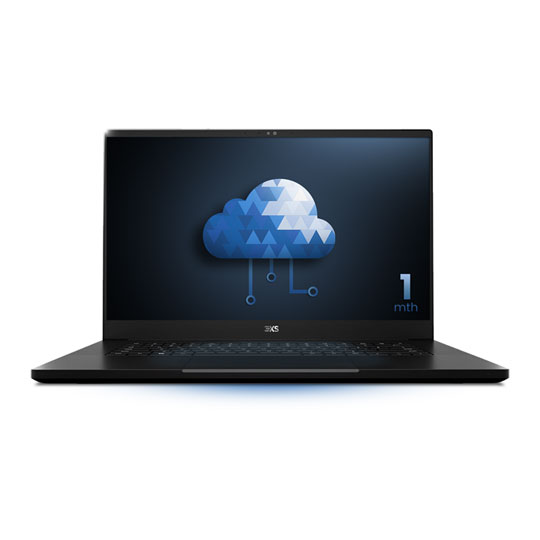
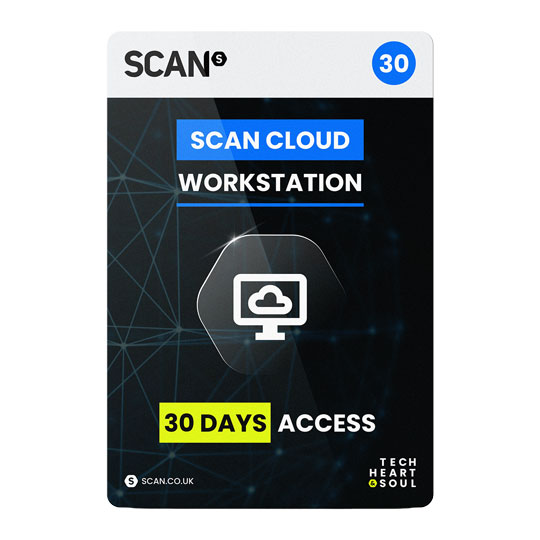
 3XS SC PB8-32T - 1 Month - 8x 96GB NVIDIA RTX PRO 6000, 1TB DDR5 ECC, AMD EPYC 9354P
LN160439
No customer review£3,299.98Low stock
3XS SC PB8-32T - 1 Month - 8x 96GB NVIDIA RTX PRO 6000, 1TB DDR5 ECC, AMD EPYC 9354P
LN160439
No customer review£3,299.98Low stock
3XS Cloud Workstations - RTX 5090
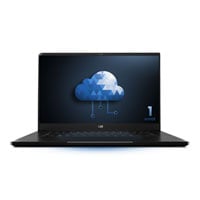
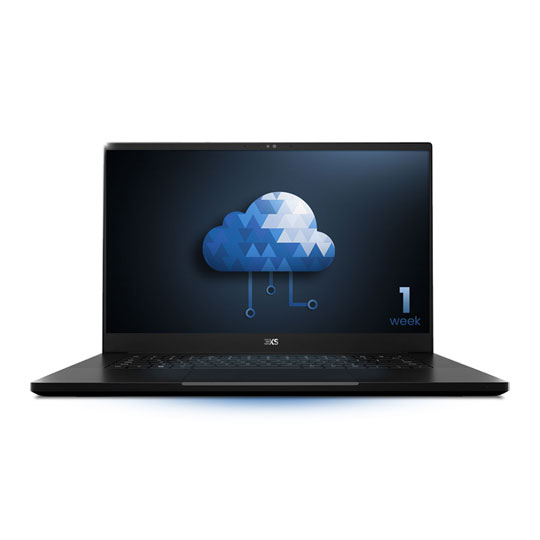

 3XS SC GB1-16C - 1 Week - 32GB NVIDIA RTX 5090, 64GB DDR5, AMD Ryzen 9 9900X
LN154997
No customer review£39.98Low stock
3XS SC GB1-16C - 1 Week - 32GB NVIDIA RTX 5090, 64GB DDR5, AMD Ryzen 9 9900X
LN154997
No customer review£39.98Low stock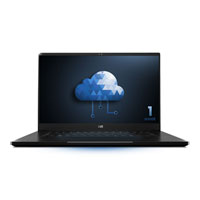
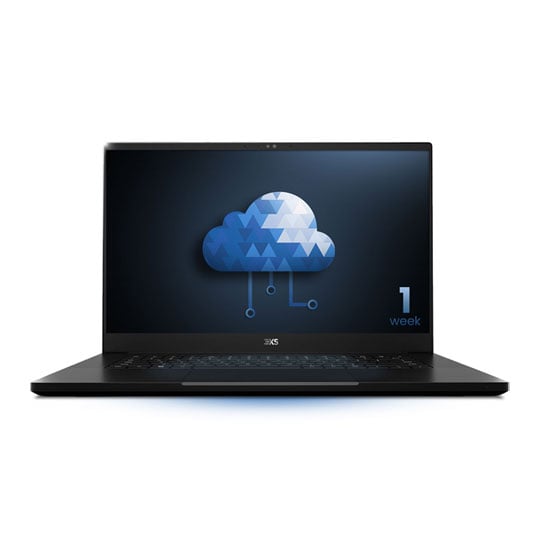

 3XS SC GB2-32T - 1 Week - 2x 32GB NVIDIA RTX 5090, 256GB DDR5 ECC, AMD Ryzen Threadripper 7960X
LN154999
No customer review£119.98Low stock
3XS SC GB2-32T - 1 Week - 2x 32GB NVIDIA RTX 5090, 256GB DDR5 ECC, AMD Ryzen Threadripper 7960X
LN154999
No customer review£119.98Low stock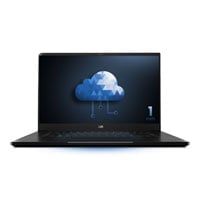
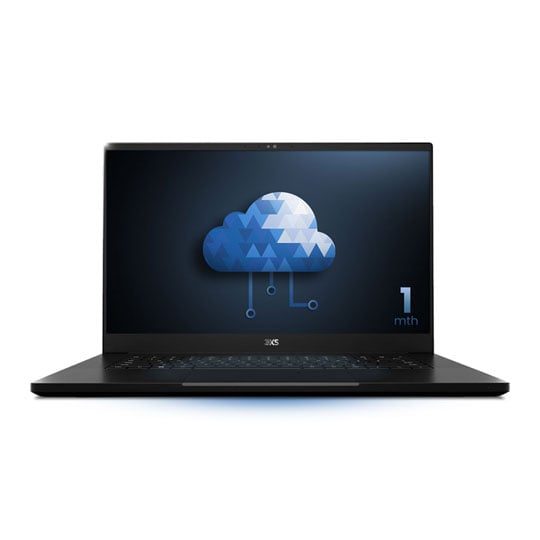

 3XS SC GB1-16C - 1 Month - 32GB NVIDIA RTX 5090, 64GB DDR5, AMD Ryzen 9 9900X
LN155010
No customer review£129.98Low stock
3XS SC GB1-16C - 1 Month - 32GB NVIDIA RTX 5090, 64GB DDR5, AMD Ryzen 9 9900X
LN155010
No customer review£129.98Low stock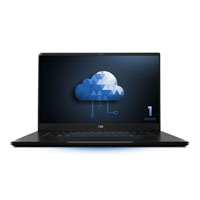
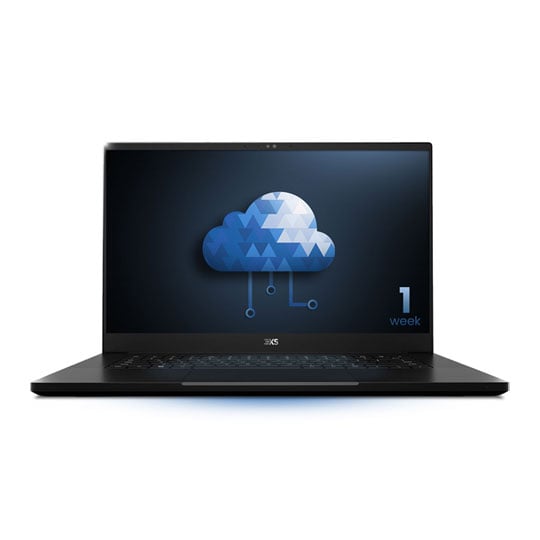

 3XS SC GB4-32T - 1 Week - 4x 32GB NVIDIA RTX 5090, 256GB DDR5 ECC, AMD EPYC 9354P
LN155008
No customer review£169.98Low stock
3XS SC GB4-32T - 1 Week - 4x 32GB NVIDIA RTX 5090, 256GB DDR5 ECC, AMD EPYC 9354P
LN155008
No customer review£169.98Low stock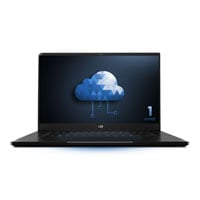
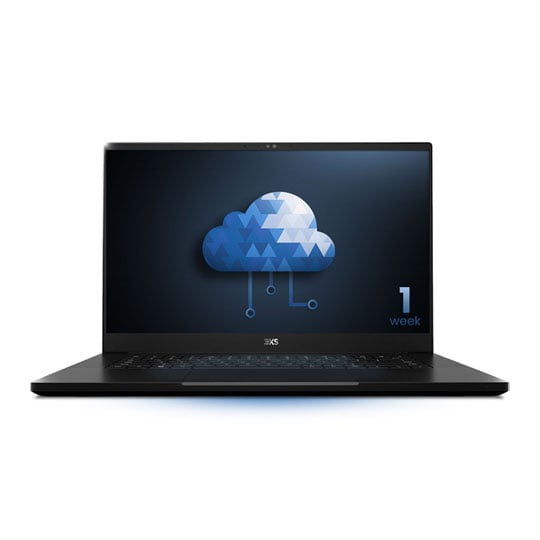

 3XS SC GB8-32T - 1 Week - 8x 32GB NVIDIA RTX 5090, 256GB DDR5 ECC, AMD EPYC 9354P
LN155009
No customer review£199.98Low stock
3XS SC GB8-32T - 1 Week - 8x 32GB NVIDIA RTX 5090, 256GB DDR5 ECC, AMD EPYC 9354P
LN155009
No customer review£199.98Low stock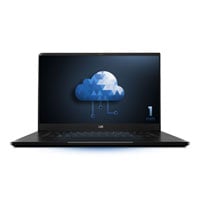
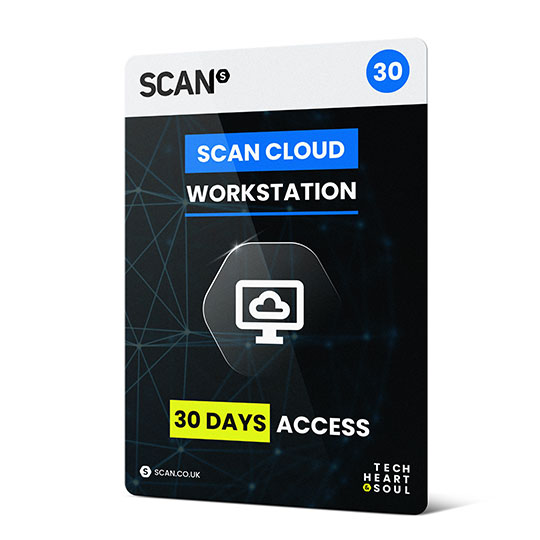

 3XS SC GB2-32T - 1 Month - 2x 32GB NVIDIA RTX 5090, 256GB DDR5 ECC, AMD Ryzen Threadripper 7960X
LN155011
No customer review£399.98Low stock
3XS SC GB2-32T - 1 Month - 2x 32GB NVIDIA RTX 5090, 256GB DDR5 ECC, AMD Ryzen Threadripper 7960X
LN155011
No customer review£399.98Low stock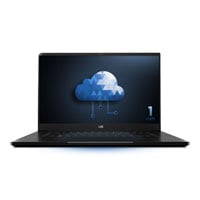
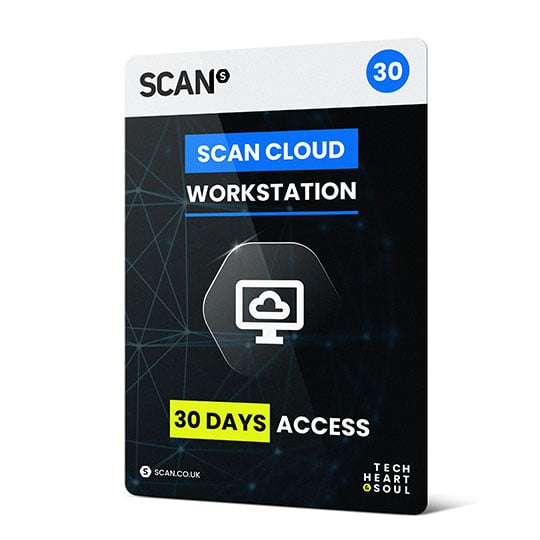

 3XS SC GB4-32T - 1 Month - 4x 32GB NVIDIA RTX 5090, 256GB DDR5 ECC, AMD EPYC 9354P
LN155012
No customer review£599.98Low stock
3XS SC GB4-32T - 1 Month - 4x 32GB NVIDIA RTX 5090, 256GB DDR5 ECC, AMD EPYC 9354P
LN155012
No customer review£599.98Low stock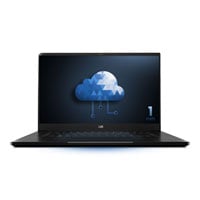
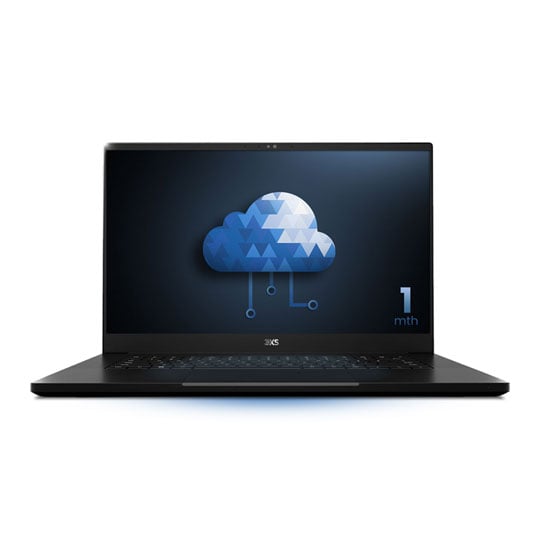

 3XS SC GB8-32T - 1 Month - 8x 32GB NVIDIA RTX 5090, 256GB DDR5 ECC, AMD EPYC 9354P
LN155013
No customer review£799.98Low stock
3XS SC GB8-32T - 1 Month - 8x 32GB NVIDIA RTX 5090, 256GB DDR5 ECC, AMD EPYC 9354P
LN155013
No customer review£799.98Low stock
3XS Cloud Workstations - RTX 4090
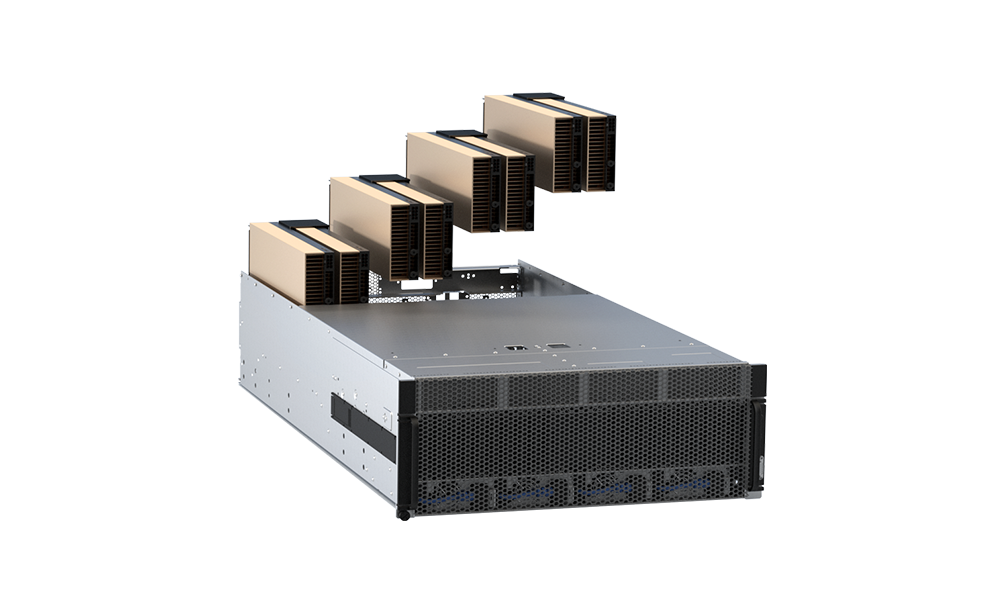
NVIDIA EGX servers from 3XS Systems offer bespoke scalable GPU-accelerated solutions for delivering centralised rendering services to your organisation.
FIND OUT MORE
01204 474747
